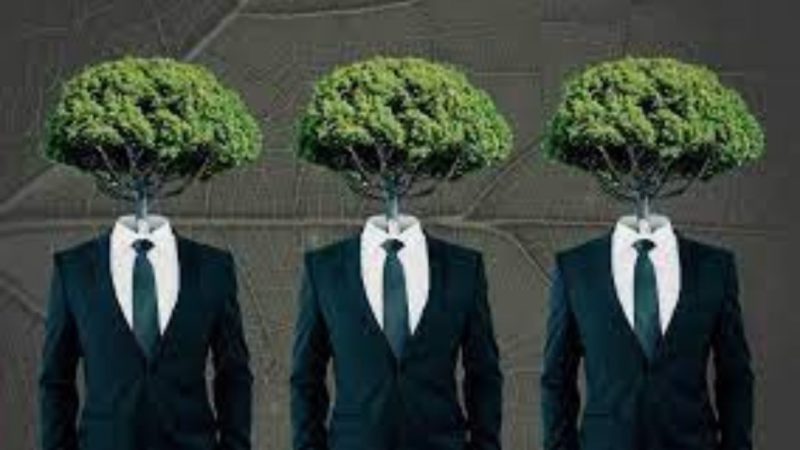New study finds huge potential for brand growth in sustainability with Coles, Woolworths out on top
A new study of 2,040 Australians, titled Who Do You Believe?, has found there’s a big opportunity for brands to become leaders in the sustainability space by taking greater tangible action on social and environmental issues.
Almost three out of four Australians could not name a single brand or business they believe is helping improve social or environmental issues.

In March, Mumbrella uncovered Australia’s top ten most prolific businesses on sustainability.
The data showed actions from brands and businesses are failing to ladder up to expectations and even when they do act, 86% of Australians are sceptical about the social or environmental claims they make.
But according to Australians, some brands are leading the charge. Of the one in four who could name a brand; one in five named Woolworths, one in ten named Coles and one in 20 named Cotton On.
Grocery was the standout sector for Australians to recall a brand they thought was doing good in the world, with 47% able to nominate specific brands.
Australians want to see brands ‘walk’ before ‘talk’ – actions gaining attention include removing single-use plastic bags (Woolworths), commitment to renewable energy (Coles) and participating in charity drives (Cotton On).
For brands to be believed, on-product and in-store was the most powerful way to convince Australians of positive social and environmental actions.
Overarchingly, 78% consider a brand’s social and environmental impact when making a purchase, with a further 56% considering a brand’s sustainability actions when choosing their future place of work.
Released by impact and communications agencies Republic of Everyone and The Bravery, with independent researchers Mobium Group, Who Do You Believe? reveals the real deal for consumers’ belief, and the actions they want to see, in brands or businesses proclaiming to champion people and planet-related causes.
Republic of Everyone founder, Ben Peacock, said: “Who Do You Believe? shows, while Australians really care about social and environmental issues, they don’t believe brands are doing enough. They want action from businesses and brands and for them to put their money where their mouth is. But right now, three in four Australians can’t name a single brand they feel is leading in sustainability. This leaves the door wide open for companies to think big, do more and leap out as leaders.” said Peacock.
The Bravery founder, Claire Maloney, said: “The findings show a healthy scepticism from Australians on impact initiatives. This is somewhat understandable given the expectation businesses will manage their commercial interests first. But could also be linked to the rise of perceived greenwashing – this is when brands are rolling out smaller scale marketing campaigns ‘for good’, before there is tangible impact action actually in their business,”
“But there are many businesses out there delivering tremendous gains for the environment and community, and it was encouraging in the research to see a sophisticated, high-level of understanding from Australians on what they thought ‘good’ action looked like.” said Maloney.
The research showed, when nominating a brand or business for doing the most to improve social or environmental issues, the proof points Australians noted spanned; waste reduction tactics, supporting employment in high need areas, and carbon reduction initiatives.
Mobium Group co-founder, Nick Bez, said, “The study found Australians want brands to act at large on sustainability-related issues which run the gamut of pollution, to loss of nature and habitat, ocean pollution, and waste. Discriminating and bullying is also a major worry for Australians.”
The report builds on The Power And The Passion report in 2021, which revealed top concerns of Australians on 20 major social and environmental issues by generation, gender and location.
Peacock added: “The demographic disconnect remains with Gen Z who were found to be the most likely to reward brands that act on social and environmental issues, with 83% saying it impacted their purchases and 77% their next place of work. Boomers held the least concern with 72% saying it would impact their buying decisions and only 22% their next place of employment.”
“Consumers are becoming increasingly disenfranchised with recent world happenings and the research showed they are still unsure of which brands to trust. Moreover, they want brands to act. Daring to lead and separate themselves from the pack, establishing a purpose with bold actions is of critical importance to brands and businesses. Australians need brands to be the change that will inspire and fire up others to step up and follow suit.” concluded Peacock.




Have your say